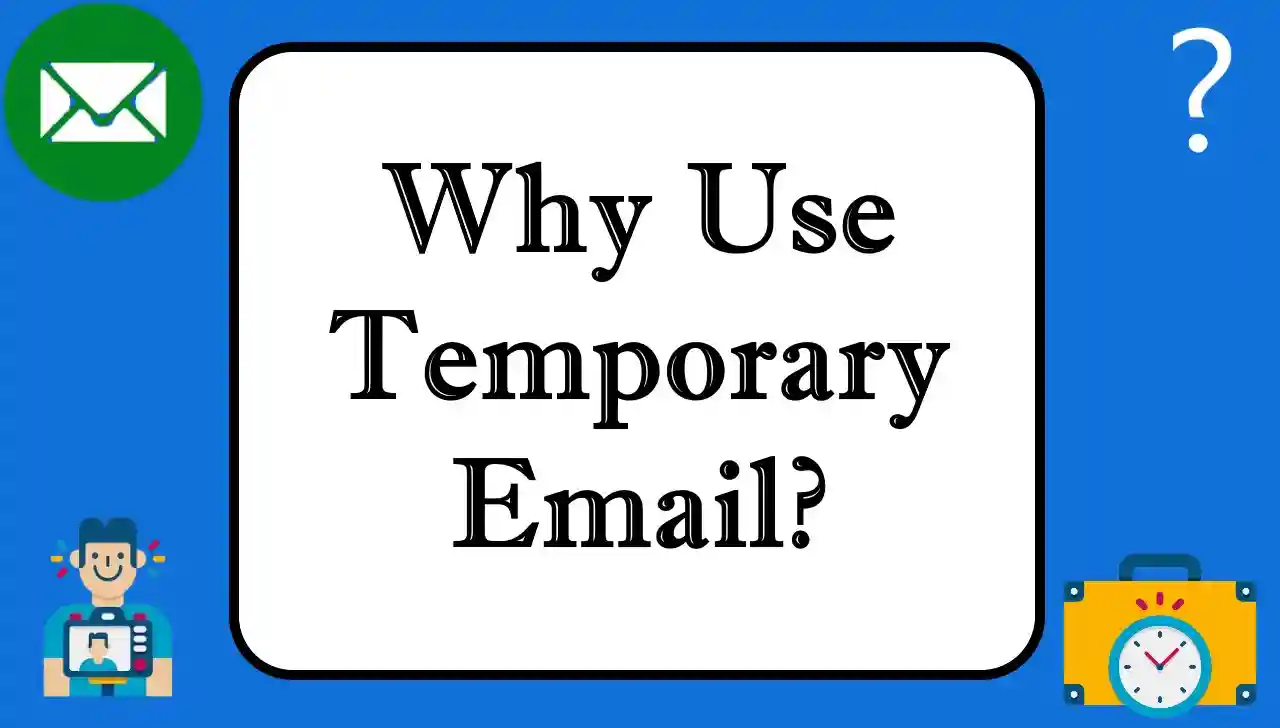Search Engine Optimization (SEO) is an increasingly important element in today’s digital marketing world for any website that wants to have natural traffic. Keywords is one of the foundations of SEO. Keywords: These are the words and phrases that users type into search engines to find the information, products or services. But a good keyword management will be the difference in the success of your website in Google search results. Let’s discuss here how to leverage keywords for the best SEO performance so you can make your content shine and be visible online.
How Keywords in SEO Matter & Why Are They Important?
We will be discussing keywords strategy in a bit but before we begin to talk about keywords why they are so important. Users type relevant keywords for your company and Google and other search engines serve up relevant, quality results. Keywords: They are what allows your content to be associated with what people search for. Your rank will be increased and qualified traffic to your website will be sourced from the targeted keywords.
Keywords are also essential for:
- Matching Search Intent: Keywords are helpful to match what people are looking for with your content.
- Ranking Constraints: Search engines like Google look at keywords used in content, meta descriptions, headers and much more when ranking a page.
- Choosing Your Audience: Through the usage of keyword relevant, you will be able to find users that would be interested in your products.
What Keywords to Target :- Keyword types to target:
Keyword use starts by knowing what keywords you can focus on. All Keywords Aren’t the Same And Which Kind of Keyword You Pick Might Have an Impact On Your SEO. These are the principal types of keywords to look for:
- Short-Tail Keywords: These are general keyword, with usually one or two words (such as "SEO" or "digital marketing"). They get a lot of traffic but they are also competitive and do not always get very specific traffic.
- Long-Tail Keywords: Long-tail keywords are more specific and more detailed phrases ("how to use keywords for better SEO"))). These keywords are less searched but more competitive and will send you more qualified traffic.
- LSI Keywords (Latent Semantic Indexing): LSI keywords are words associated with your keyword that tell search engines where your content is located. Such keywords can be synonyms or related words that increase the relevancy of your post.
- Local Keywords: If your business is local, location-based keywords (i.e., "SEO services in New York") are incredibly important to make your presence in local search results count.
- Branded Keywords: Keywords which include your brand or products name. They’re handy for creating brand recognition and for getting your website ranked higher in search engines when users are searching specifically for your brand.
How to Select The Best Keywords for Your SEO?
Keyword selection is the crux of all good keyword use. How you can pick the right keywords for your SEO purpose:
- Keyword Research: Begin by keyword research services like Google Keyword Planner, SEMrush, or Ahrefs to look for keywords with the right combination of search volume and competition. Search for keywords related to your business and that can be used to drive targeted traffic.
- Check Intent of Search: It is extremely important to know the search intent of a user. Do they want a piece of information, a product or service? Be sure to write for them based on their demands. For instance, someone who is looking for "how to use keywords effectively," they are probably looking for instructional material, which you can give in a step by step guide.
- Competitors: Learn what your competitors are doing. This can show you what’s paying off for them and find keyword opportunities you didn’t see.
- Relevance: Select keywords that are related to your business and your content. Non-relevant keywords might get you traffic but not the kind of traffic that converts.
How To Put Keywords To Work For You In Your Content Best Practices
You know the keywords, now let’s spread them through your content. Here are some best practices to apply keywords that work for SEO:
1. Use Keywords in Key Positions:
- Title Tag: Include your main keyword in the title tag. The title is the first thing search engines and browsers see.
- Meta Description: Enter an interesting meta description that contains your keyword. This tells search engines what’s going on on your page and lures people to click on your link.
- Headings (H1, H2, H3): Include your main keyword and sub keywords in the headings to organize your content for readability and SEO.
- URL structure: In your URL put keywords and keep it simple and catchy (e.g., www.example.com/how-to-use-keywords-effectively).
- Alt Text of Images: If you have images on your page, write your keywords in the image alt text. This makes your content more searchable and easier to find.
Don’t Keyword Stuff: Although you can use keywords everywhere in your content, if you’re using too many keywords, it’s a ranking issue. By keyword stuffing, you are artificial and will get penalized by search engines. Instead, keep it in natural and context language and add keywords.
- Include LSI Keywords: To prevent keyword stuffing, use related words or LSI keywords in your posts. This makes your page semantically richer and thereby search engines learn about your content.
- Good Content: You are going to be making high quality, valuable content, and that is all you want to do. The more valuable your content is to your readers, the higher your content will rank for search engines irrespective of keywords.
- Optimise for Featured Snippets: Featured snippets are the answer boxes on the top of searches. When considering features snippets, always make sure to answer these questions in your posts and in a brief manner. Use your keywords unprompted in these answers.
- Keep Track of Keyword Activity: SEO is never done. Check in Google Analytics and Search Console to find out how your keywords are doing. Test new keywords and tweak existing content as you see how well it works.
User Experience and SEO The Relevance Of User Experience
Keywords are very important for achieving the best SEO outcomes, but so is UX. The websites that have the best UI are favored by the search engines. Make sure that your content is readable, mobile-friendly, and fast to load. You can use a good UX to decrease bounce rates and increase your rankings in the long run.
Conclusion
Keyword use is one of the most important part of SEO. If you choose the correct keywords, use them effectively, and write quality content, you will make your website a much more visible one in search results. Keep in mind SEO is never ending and it needs to be done over and over again for the best results. If you can implement the tips in this guide, then you are on your way to ninjaing keywords and bringing more organic traffic to your site.




